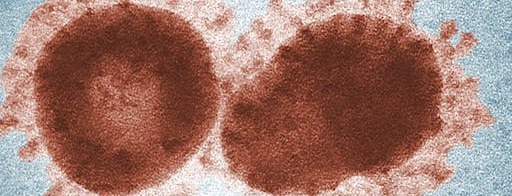
Sexually transmitted infections (STIs)
Sexually transmitted infections (STIs), also known as sexually transmitted diseases (STDs), are infections that can be spread through sexual contact. They can be caused by bacteria, parasites, or viruses. Some common STIs include:
- A common STI that can be cured, but can make it harder to get pregnant if left untreated.
- A common STI that most people don't know they have. There's no cure, but there are treatments to help with symptoms.
- A common STI that can be treated, but can increase the risk of getting or transmitting HIV if left untreated.
- The most common STI in the US, and there's a vaccine to prevent it. HPV can cause cervical cancer and other health issues, but most people with HPV don't have symptoms.
- An STI that can be cured with treatment, but can cause serious problems if left untreated.
Other common STIs include chancroid, granuloma inguinale, lymphogranuloma venereum, and mycoplasma genitalium.
Some STIs can also be passed from mother to child during pregnancy, childbirth, and breastfeeding.
If you think you might have an STI, you should avoid sexual activity until you've talked to your doctor. If you do have sex before seeing your doctor, you should use a condom.